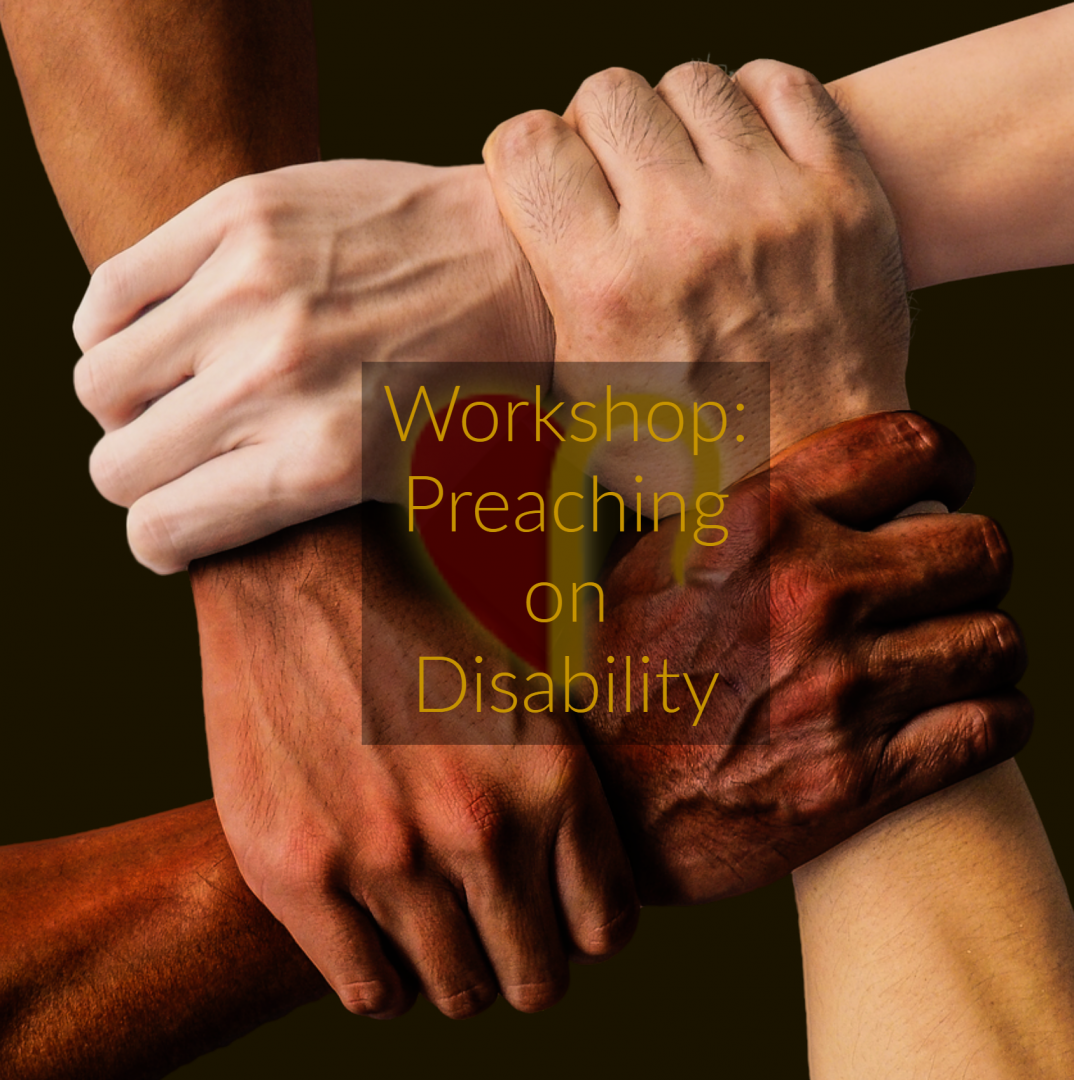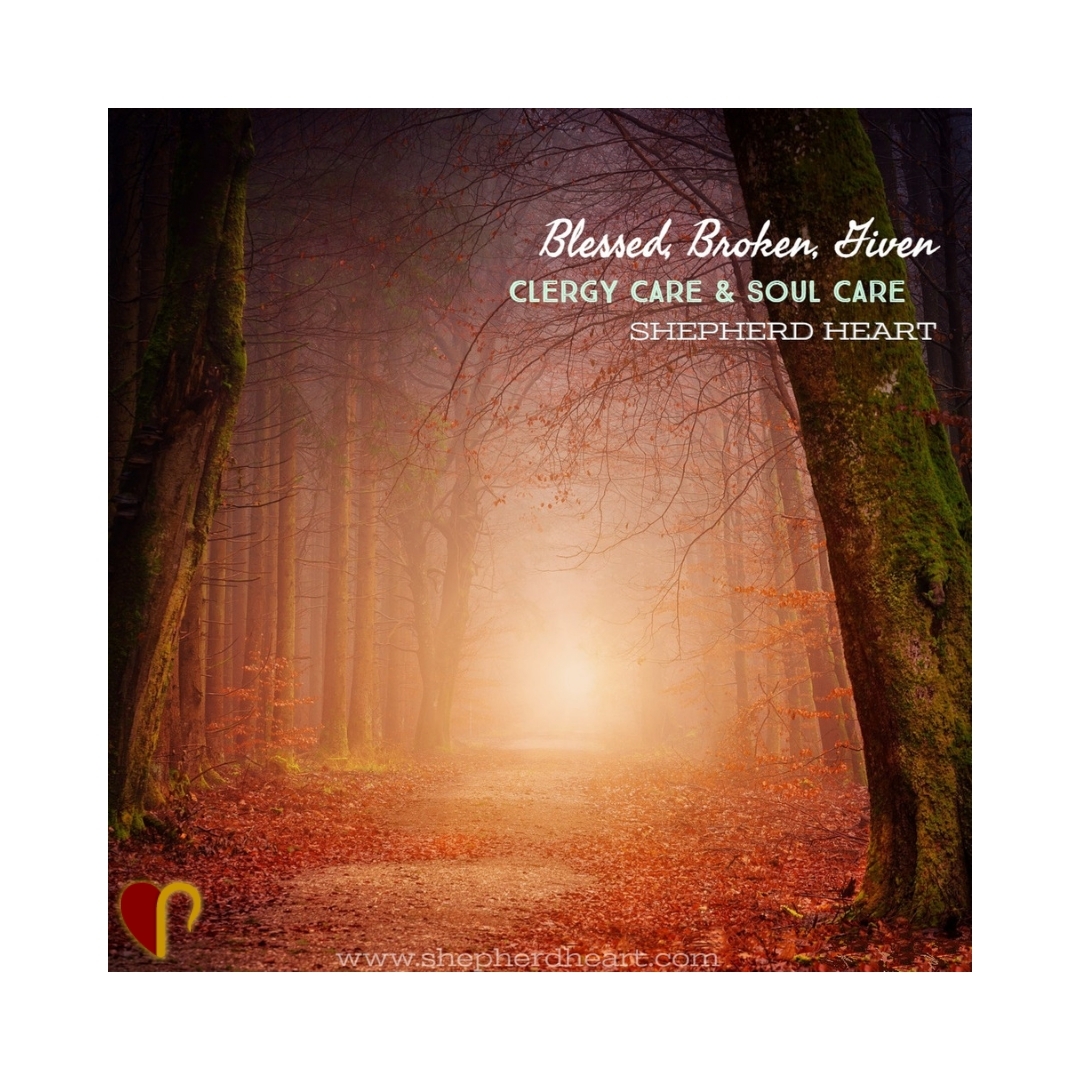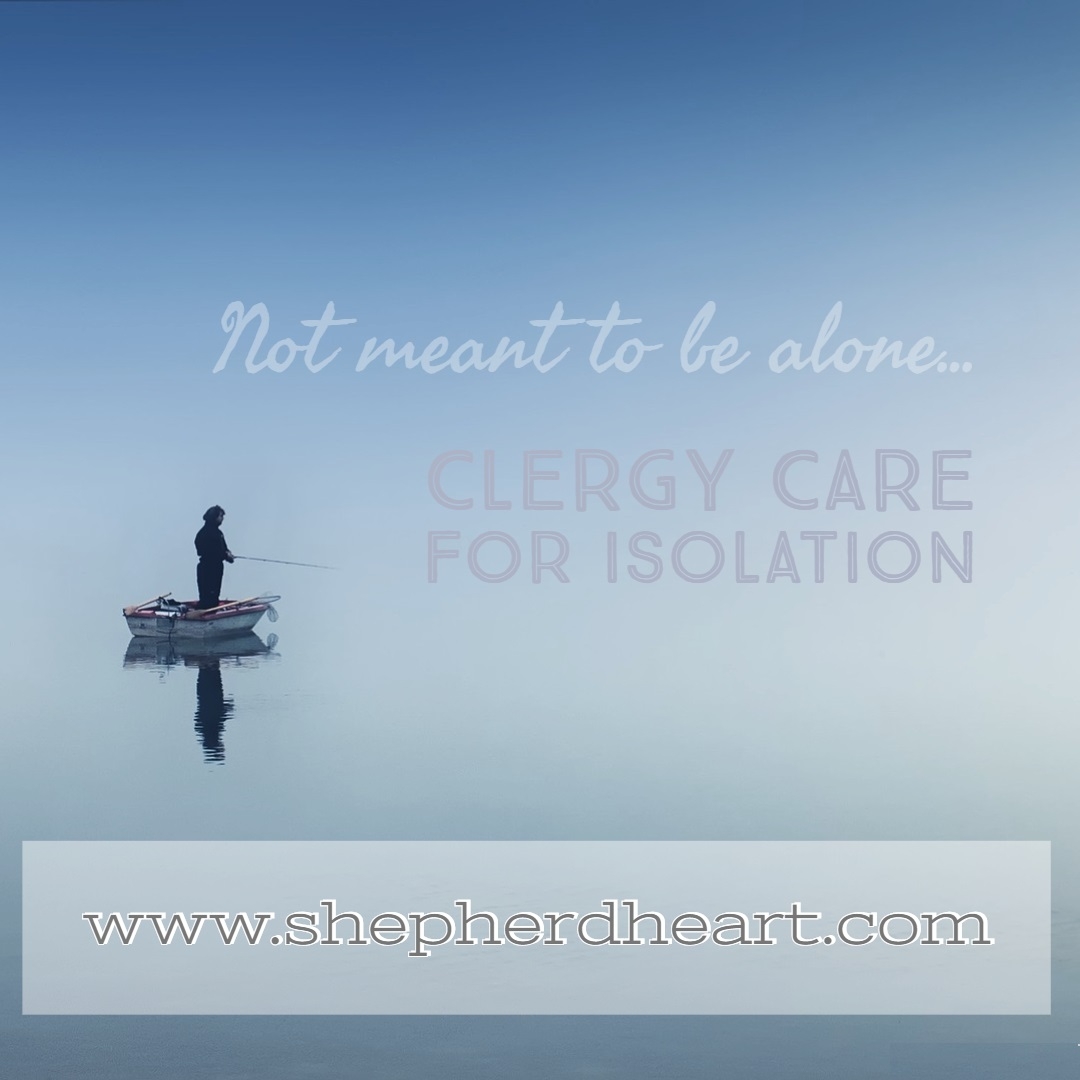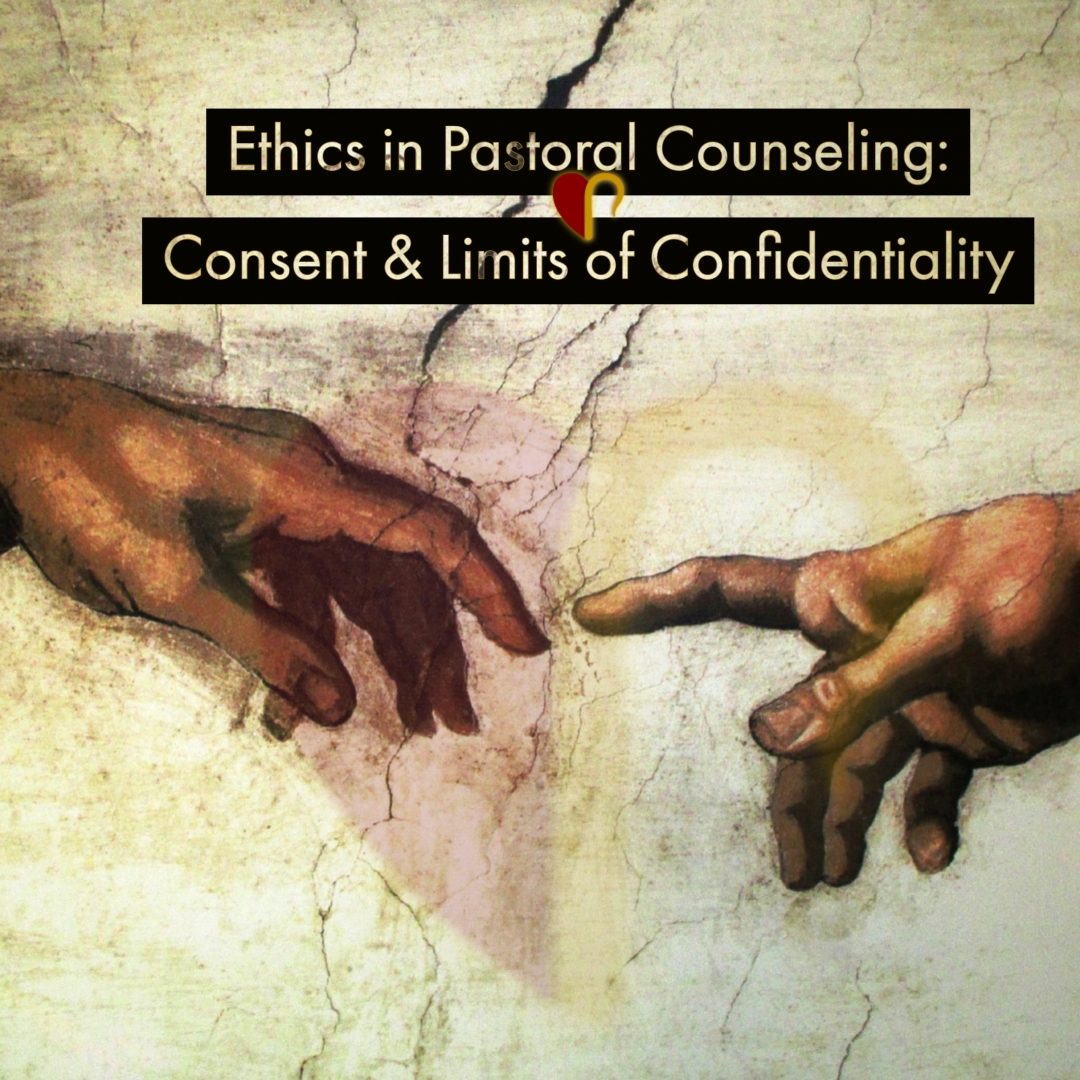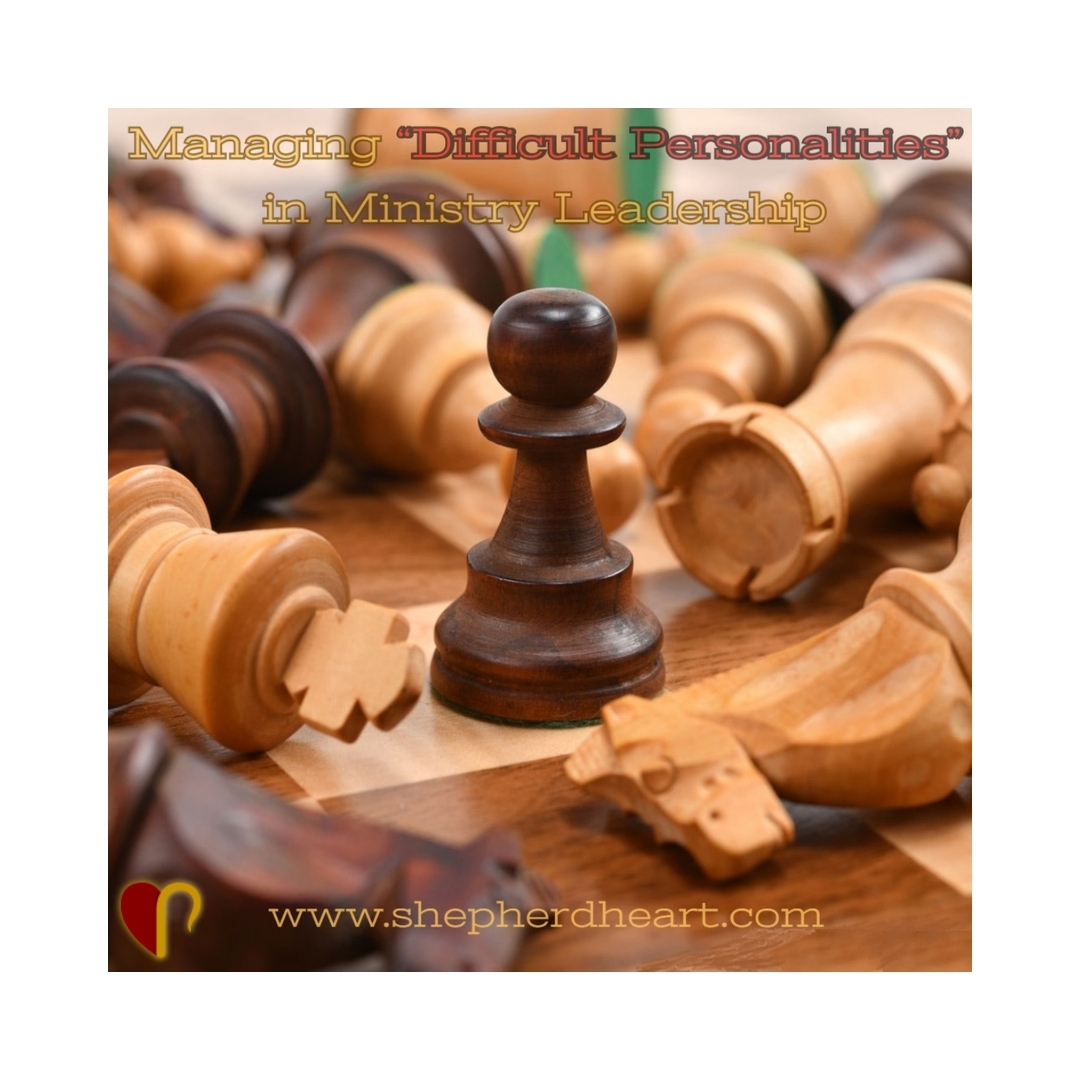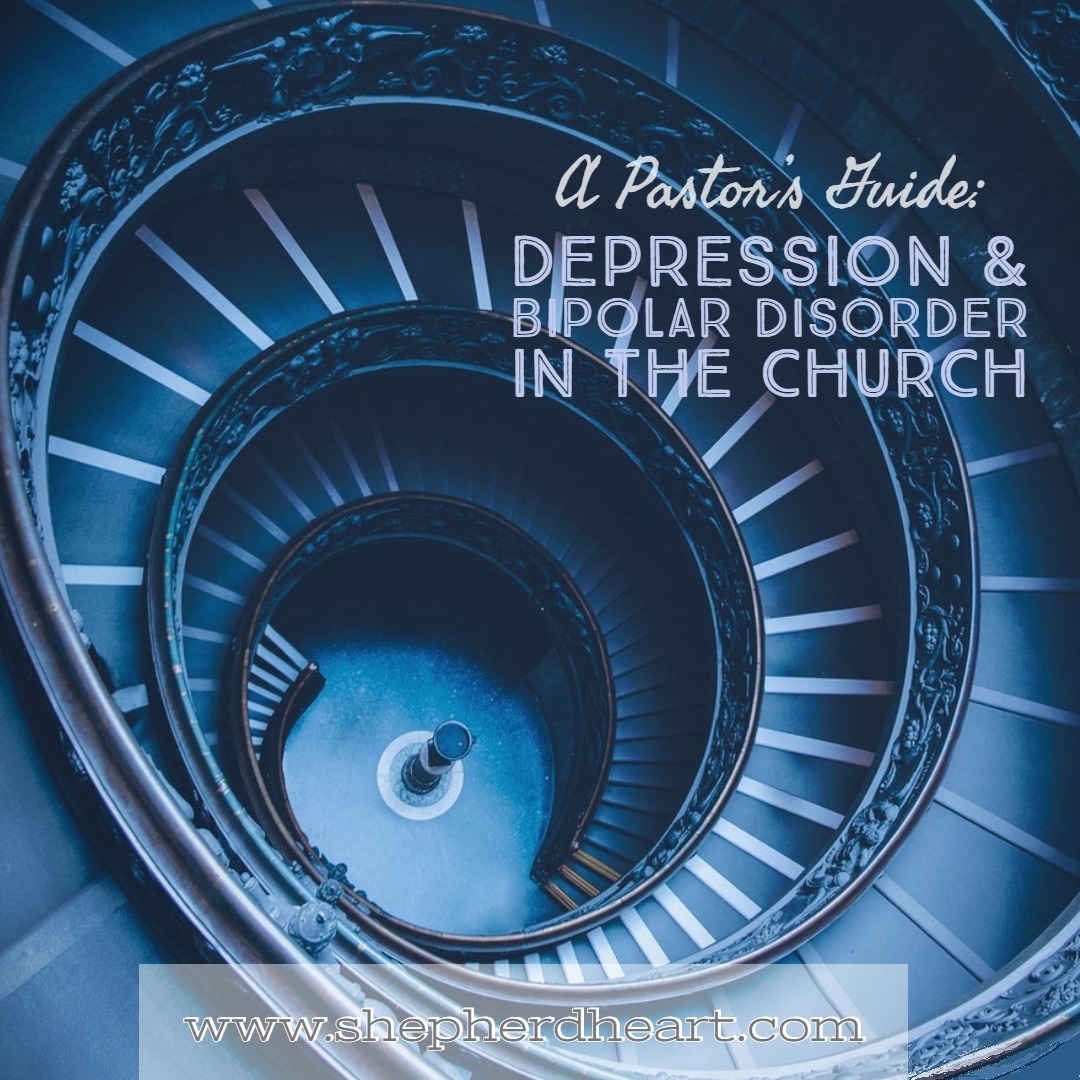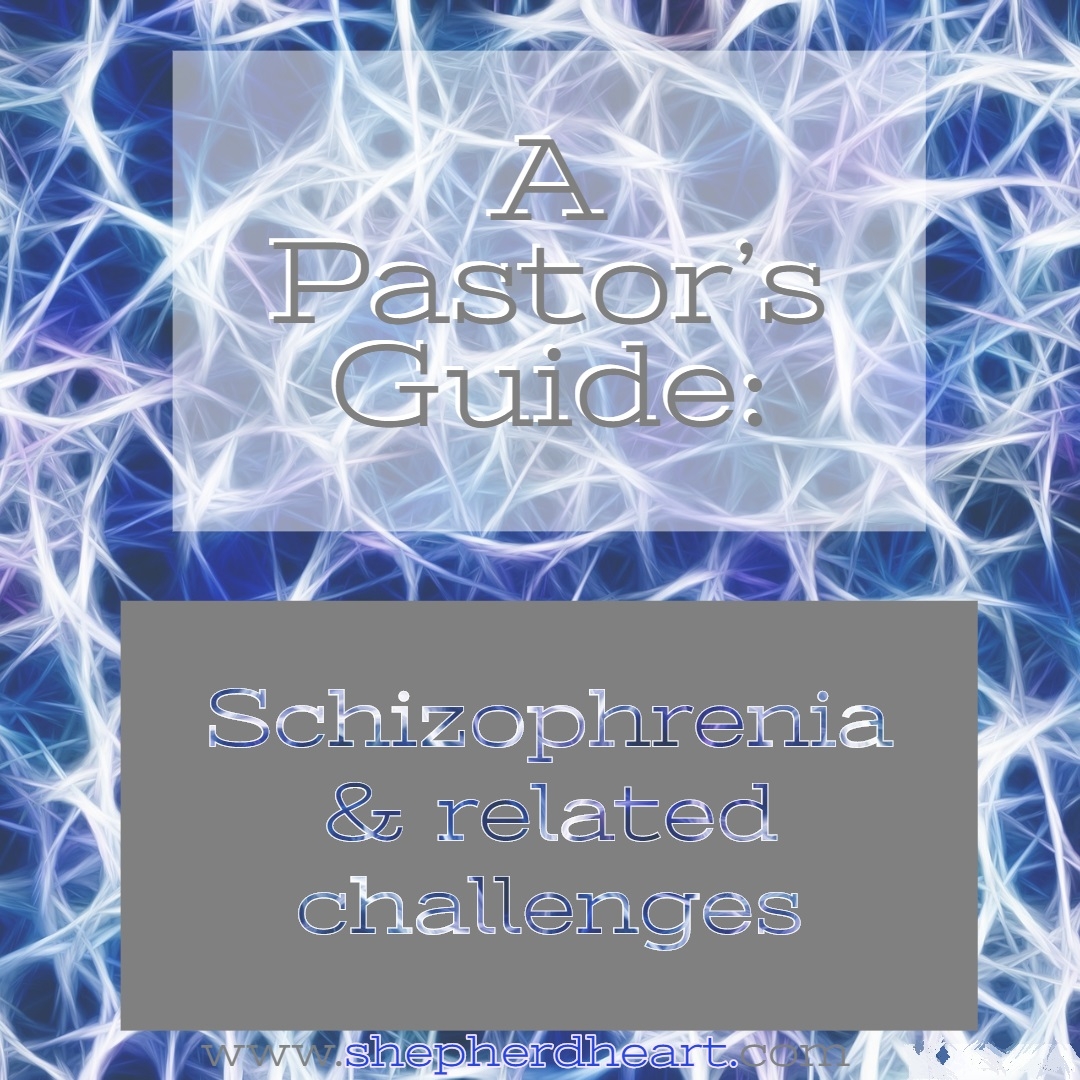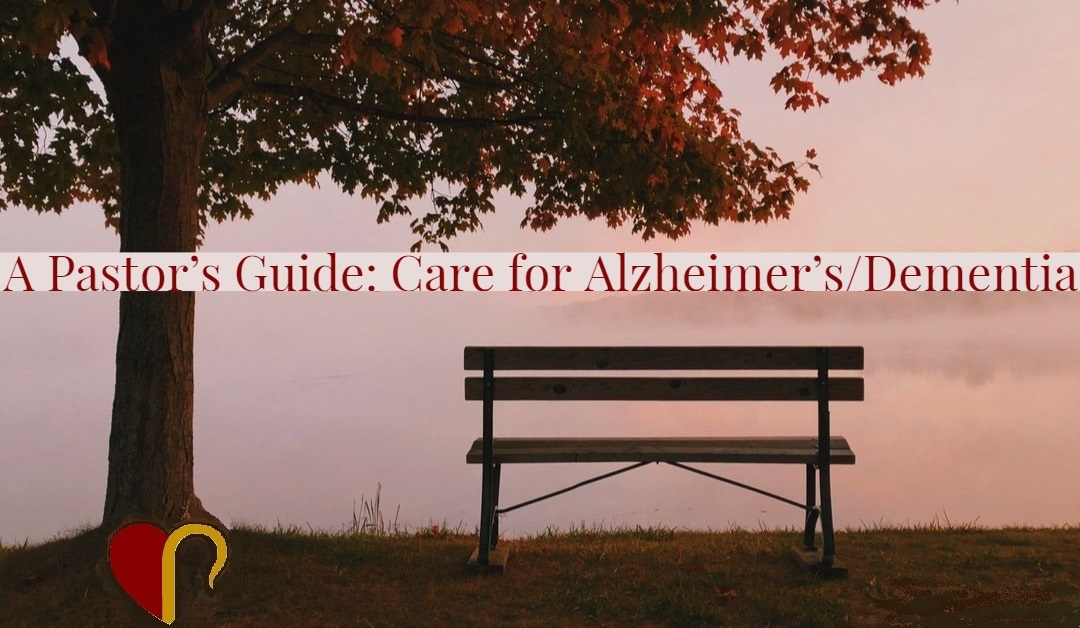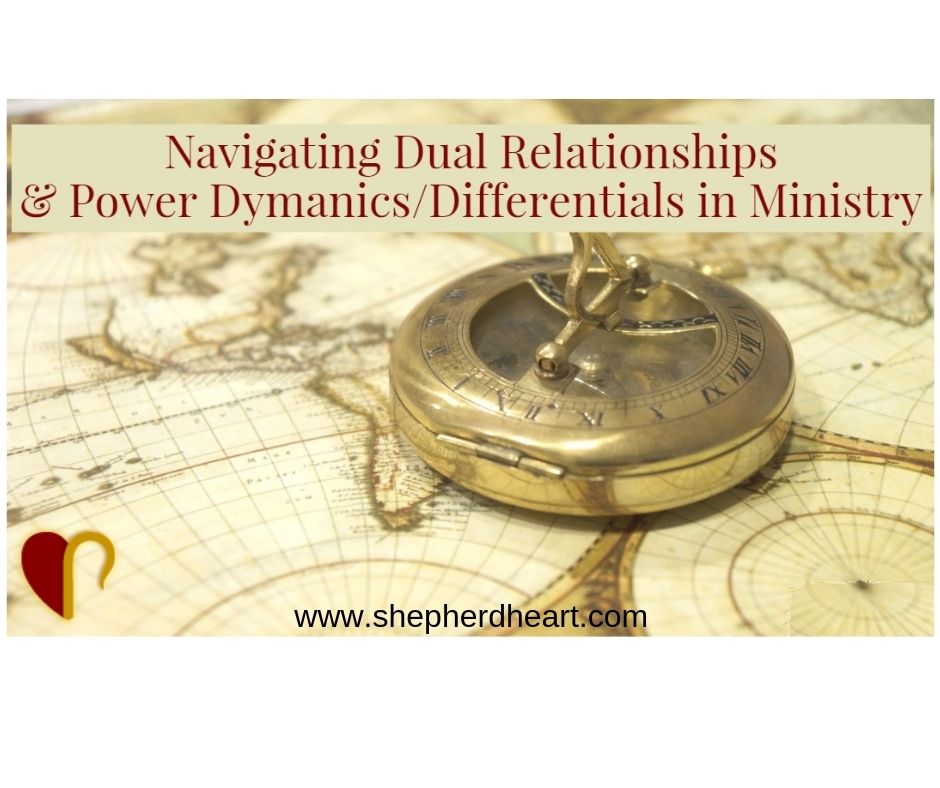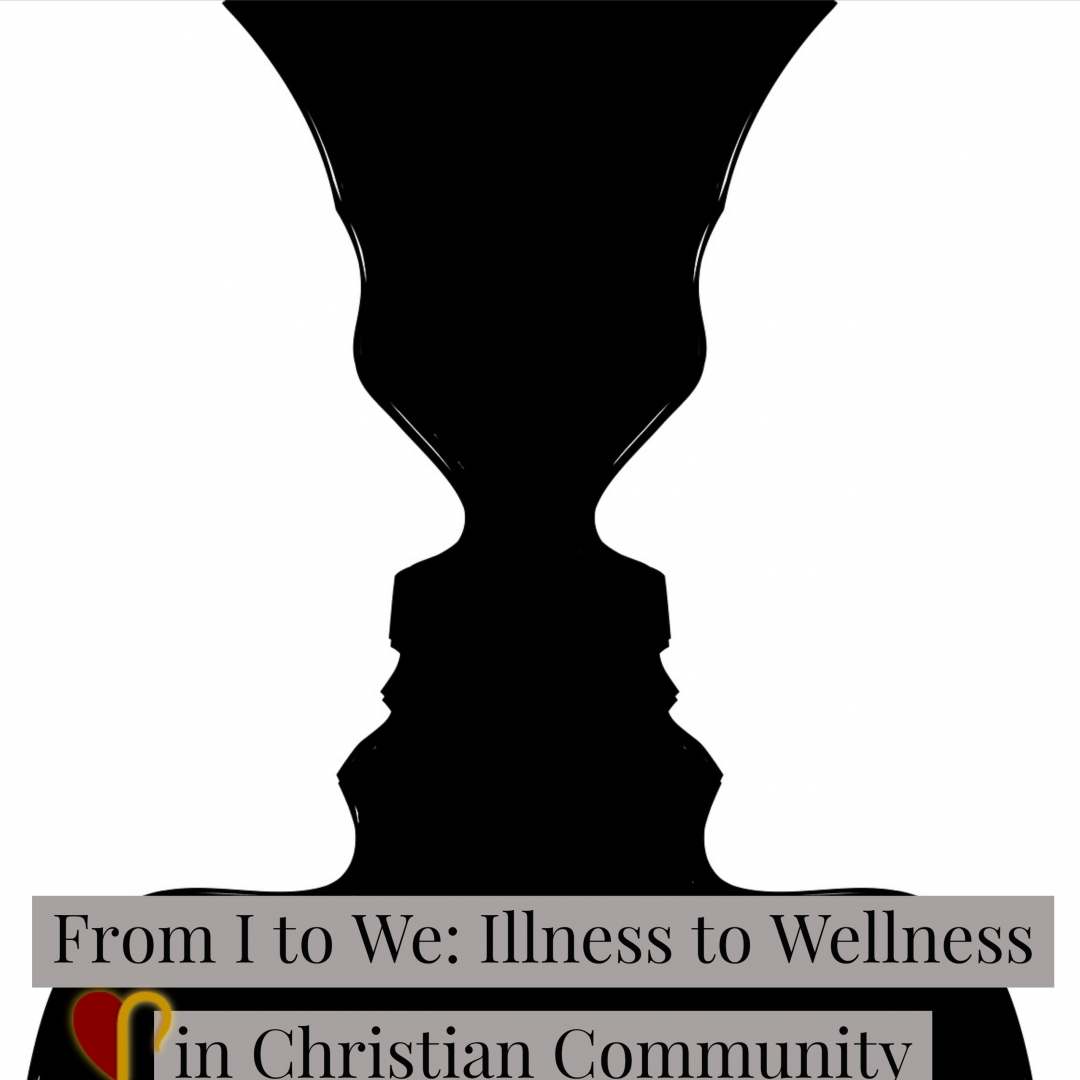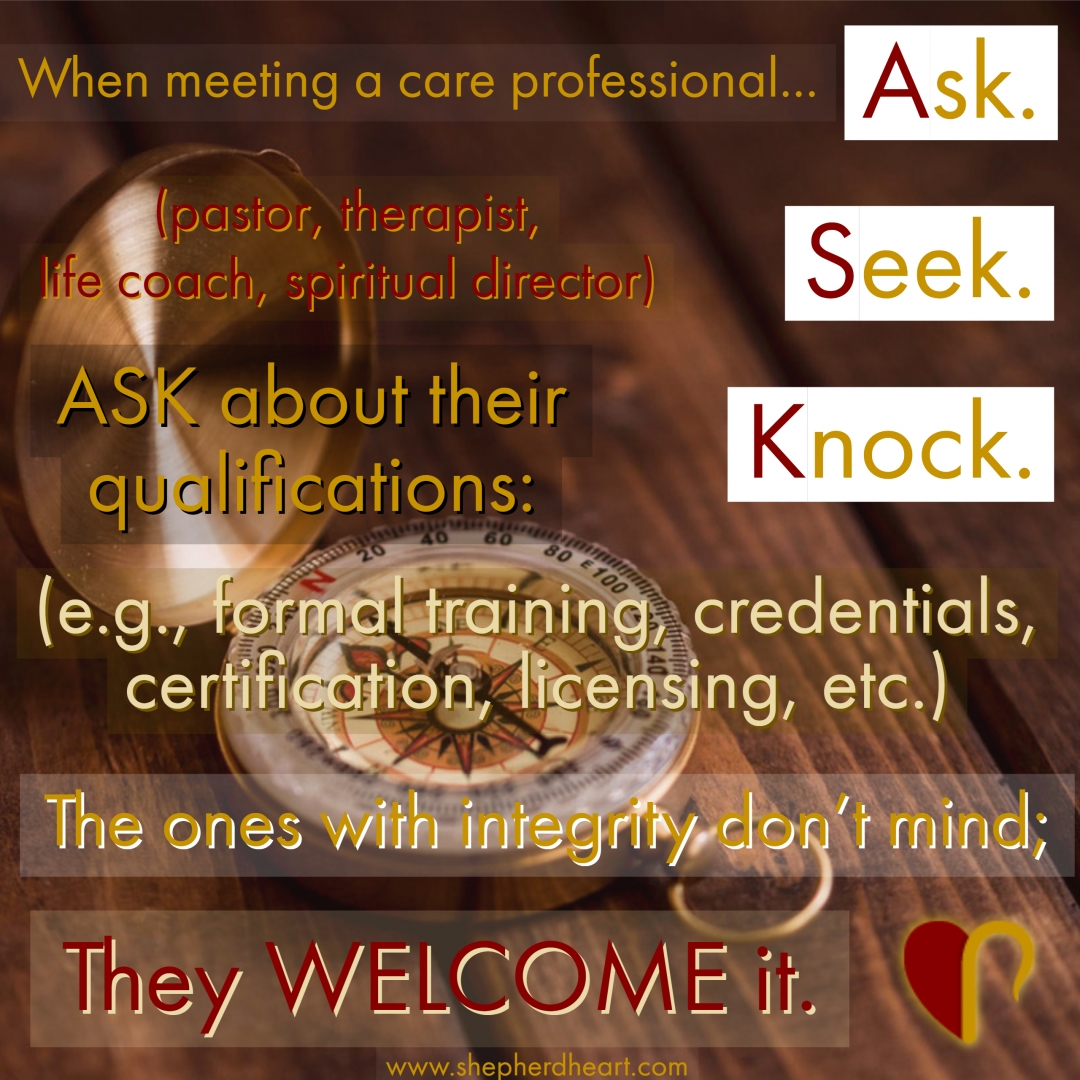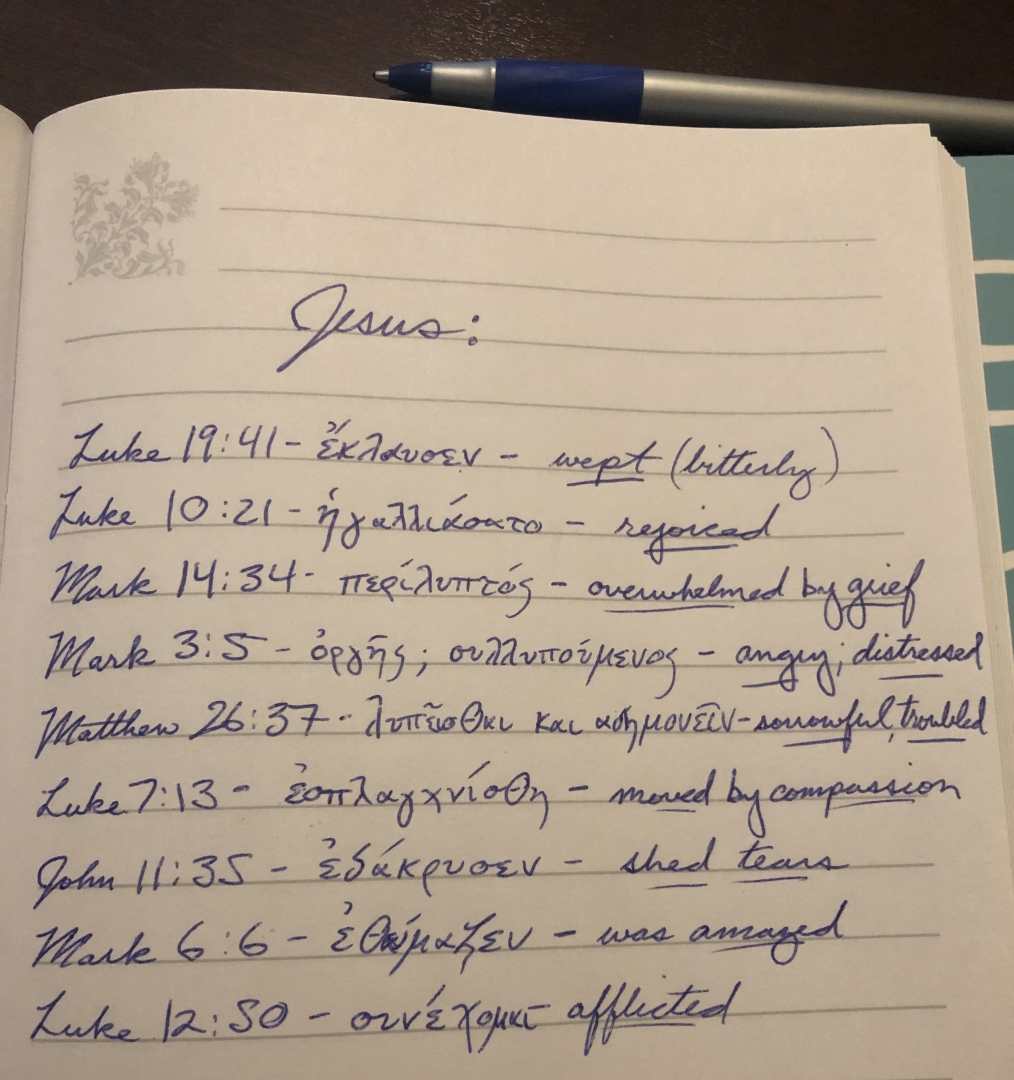Tending the Soul of Elders
by Ruth Worley-Rizk M.Div., BCC
Frail elders, like most human beings, long for connection and belonging. This becomes complicated in our culture as it has become the norm to move our elders into a variety of facilities, whereas in the distant past, persons were cared for in their home by family. The loss of the web of connection that human beings require for support, connection, and a sense of belonging is diminished when our elders are moved -often quasi-involuntarily- by family members or due to medical necessity. When they are moved to facilities, as lovely and socially integrated as these facilities may seem, elders experience a profound sense of loss and often feel as though they no longer matter. Elders who are fortunate enough to remain in their own home suffer with loss as well: loss associated with physical limitation, what is known as functional loss. Major losses include independence, freedom, and loss of connection to varying degrees. In addition, many lose their homes that they lived a lifetime in. Elders in these circumstances often lose their sense of meaning and purpose. Soul care of these elders requires listening and hearing what they share at a deep soul level, affirming not only their feelings, but their personhood, and tending the feelings that accompany the losses they are experiencing.
All persons want to feel heard. When we feel heard it gives us the message that we matter and that someone cares. For someone struggling with the loss of connection to those they know and love, feeling heard is even more impactful. It’s a way of affirming their personhood. The listening required by soul care is a deep listening, an intuitive listening for what may not be verbally said, and trusting the Holy Spirit to guide the interaction. Naming what the person may be experiencing is helpful, drawing out the suffering and exposing it to the light. One might talk about what memory loss might be like for someone with dementia, or one might simply sit, hold their hand, and be present with them. Saying the Lord’s Prayer is often worthwhile as is the 23rd Psalm, particularly with those who are experiencing the loss of cognitive ability. It can allow them to participate and feel connected with another member of their faith. Even in cases of severe dementia, a person may join in saying these prayers.
When persons share their souls, affirming their feelings lets them know- not only are they heard- but their feelings are accepted and understood. Acceptance of who we are at our most vulnerable (when we are suffering, or coping with loss) affirms our personhood. Elders often feel they are no longer valued as a person. Affirming and normalizing how a person is internally processing his or her feelings lets one know s/he is valued and worthy of being heard; it builds trust and encourages deeper sharing so as to better support change.
Tending the feelings that come up for elders means that the hearer bears witness to the story, and explores further. As trust is built, often deeper spiritual wounds come to the surface. One tending elders must remain fully present, perhaps silently praying, intentionally reflecting the love of Christ for the person, and sometimes offering a salient thought. Bearing witness to the wound is of primary importance. After the story is heard in its fullness, one may choose to offer a reframing for the story, or share a relevant scriptural thought that might assist the person in moving through their suffering. Such interventions are gently introduced with an ‘I’m curious’ phrase such as “I wonder what it would be like to look at it . . . , “or “I’m wondering what would happen if . . . .” In the case of dementia the soul may manifest through facial or physical expression. Mirroring expression and often touch are ways in which the non-verbal story and emotions can be supported and connection made. The most important thing is always letting the person know their story is heard, received and that they as a person are accepted. The soul expresses itself through the emotion of the story being shared.
Our elders have a specific set of losses often having to do with their mental and physical level of functioning. Being fully present, listening and letting the elder know they are heard, affirming them, and tending their feelings provides a sense of connection. It lets them know they matter, and someone wishes to connect with them and experience their humanity. This tending of the soul is an opportunity to offer a reflection of the love of Christ to another being of God’s creation.
Prior to meeting with a person, especially when feeling apprehensive or at a loss about how to help the person at hand, a prayer such as “help me to be what this person needs in this moment” can help. This prayer allows one to tune in to the person and hear the unspoken groanings of their soul. In preparation for chaplaincy (and sometimes ordination) one must go through the experience of clinical pastoral education (CPE) wherein one learns how to face difficult things about oneself and deal with peer group relationships in an honest way even when its uncomfortable. Learning how to work in relationship to colleagues in an open, upfront way and knowing oneself and one’s limits is the very best preparation for the emotional work of tending to the humanity and suffering of another being.
Ruth Worley-Rizk is an experienced board-certified chaplain who has worked in mental health, hospice, and currently works in palliative elder care.
Be on the lookout for Shepherd Heart’s upcoming webinar on Alzheimer’s Disease/Dementia care.
Take a look at upcoming events & ministries at Shepherd Heart. Share in the Shepherd Heart vision & mission.




